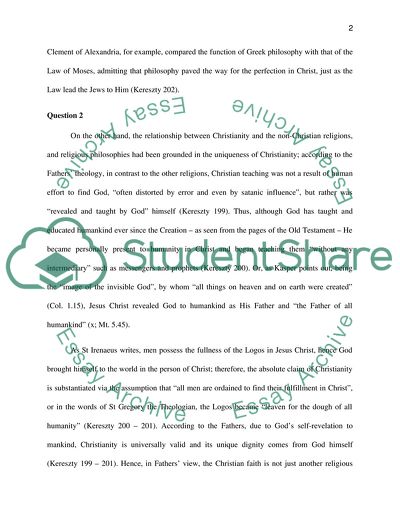Cite this document
(Classical Christology Case Study Example | Topics and Well Written Essays - 1750 words, n.d.)
Classical Christology Case Study Example | Topics and Well Written Essays - 1750 words. https://studentshare.org/religion-and-theology/1830352-classical-christology-i
Classical Christology Case Study Example | Topics and Well Written Essays - 1750 words. https://studentshare.org/religion-and-theology/1830352-classical-christology-i
(Classical Christology Case Study Example | Topics and Well Written Essays - 1750 Words)
Classical Christology Case Study Example | Topics and Well Written Essays - 1750 Words. https://studentshare.org/religion-and-theology/1830352-classical-christology-i.
Classical Christology Case Study Example | Topics and Well Written Essays - 1750 Words. https://studentshare.org/religion-and-theology/1830352-classical-christology-i.
“Classical Christology Case Study Example | Topics and Well Written Essays - 1750 Words”. https://studentshare.org/religion-and-theology/1830352-classical-christology-i.


